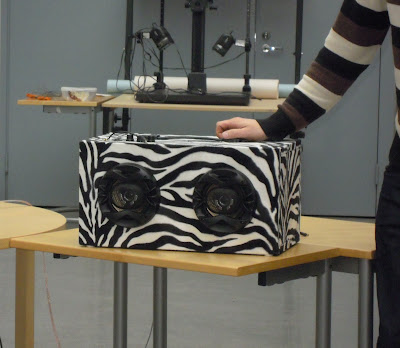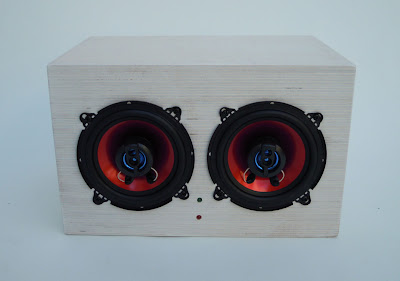Make it NOW! Learning, Exploring and Understanding -conference aims to provide an arena for discussions on craft, design and technology as an innovative combination of knowledge and skills related to eco-social values in altering the world according to human needs and wants.
http://www.utu.fi/en/sites/nordfo2016/Pages/home.aspx
The organizers are pleased to invite session proposals to the Make it NOW! Learning, Exploring, Understanding -conference to be held at Turku University, in Rauma Unit, on September 28 through 30, 2016. The goal of the sessions is to provide a forum for focused discussions on current and future-oriented research topics and results as well as innovative approaches on making, learning, exploring and understanding in the context of craft, design and technology. The session call will remain open until September 30, 2015. All session proposals must be submitted online:
http://www.utu.fi/en/sites/nordfo2016/call-for-proposals/Pages/home.aspx
http://www.utu.fi/en/sites/nordfo2016/Pages/home.aspx
The organizers are pleased to invite session proposals to the Make it NOW! Learning, Exploring, Understanding -conference to be held at Turku University, in Rauma Unit, on September 28 through 30, 2016. The goal of the sessions is to provide a forum for focused discussions on current and future-oriented research topics and results as well as innovative approaches on making, learning, exploring and understanding in the context of craft, design and technology. The session call will remain open until September 30, 2015. All session proposals must be submitted online:
http://www.utu.fi/en/sites/nordfo2016/call-for-proposals/Pages/home.aspx















